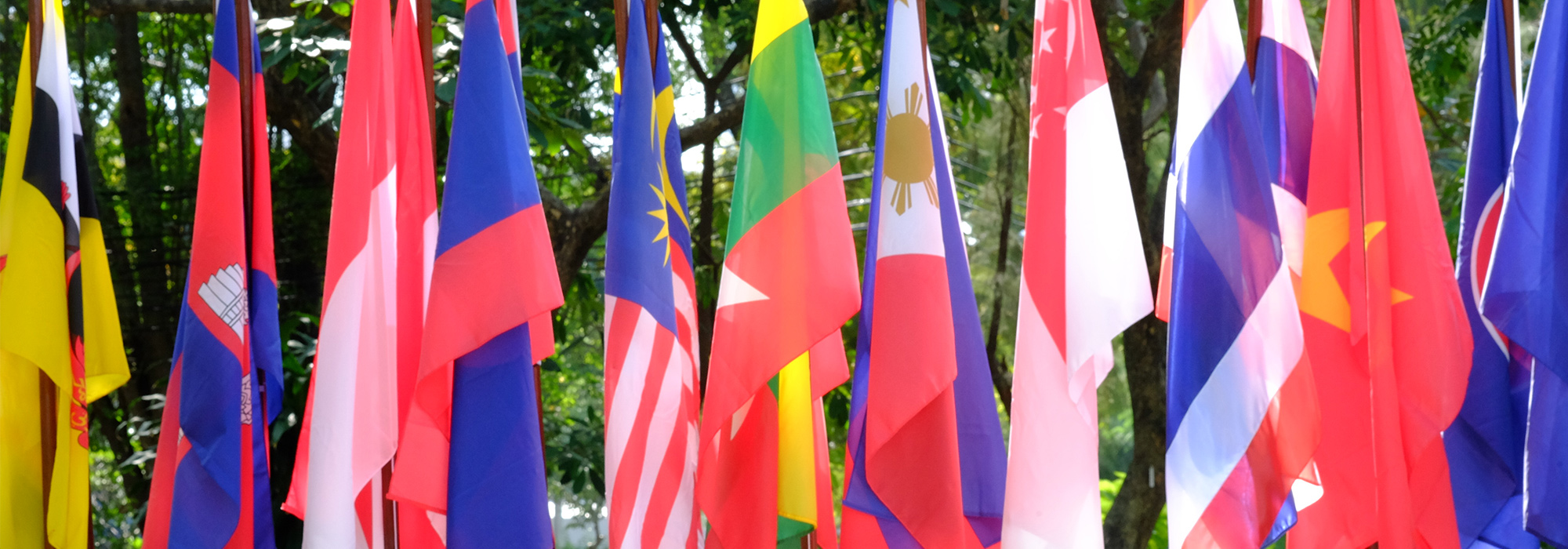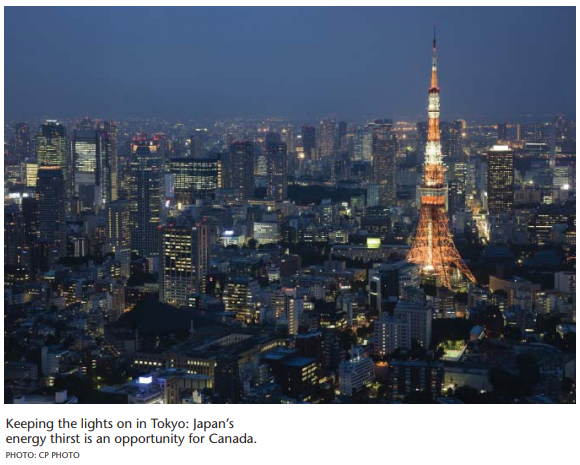
Policy Options: What does Canada look like when viewed from Asia? Are Asians even aware of Canada?
Kishore Mahbubani: Overall the view of Canada is very positive in Asia. Canada is seen as a lucky country, full of resources, with very few people. Many Asians still want to migrate to Canada. Many would love to have a passport. So the overall image of Canada in Asia is a very benign one.
But there is also an awareness that Canada has neglected Asia. Canada has paid very little attention. Let me give you an example from Singapore. Singapore proposed a free trade agreement with Canada and we thought we’d conclude with Canada first before going to the United States. Well, the United States came afterward, and we finished with the United States, and we still haven’t finished with Canada. So the sense I have is that Canada really hasn’t made much of a serious effort to engage Asia in recent years. That’s been one of Canada’s biggest foreign policy mistakes.
PO: Asian countries are forming regional organizations and building a regional infrastructure. But now that Canada wants in, it finds that it can’t get a seat at those tables. How does it overcome this exclusion?
Kishore Mahbubani: Canada could have got in. Take, for example, ASEAN. ASEAN has signed free trade agreements with China, South Korea, Japan, India, Australia, New Zealand. And what’s the country that’s missing? Canada. The first thing Canada should do is propose a free trade agreement with ASEAN. If we can sign with all those countries, surely we can sign one with Canada too.
That’s the easiest way to engage the ASEAN countries. Once Canada becomes more deeply engaged with the ASEAN countries, there will be economic opportunities but also networking opportunities. In Asia, personal connections are very important. You don’t just do business in a transactional way. It’s not the letter of the contract that’s as important as the personal relationships. And by having a free trade agreement, that’s one way of engaging ASEAN in Asia.
PO: When Canadians talk about Asia, too often what they are talking about is China, while other countries are mentioned only tangentially. What are the big opportunities in Asia outside of China?
Kishore Mahbubani: Clearly China is a big part of the Asian story but it’s not the only part of the Asian story. India is another big story and in fact there is a lot of goodwill in India toward Canada too. ASEAN has 600 million people. People don’t realize that. It has some of the fastest-growing economies. Indonesia is doing remarkably well. The Indonesian GNP will become bigger than the Canadian GNP very soon. Asia has got 3.5 billion people and China makes up less than one-third of that. That’s why you can’t look at China alone.
PO: Do Asians see our new interest as opportunistic? Is Canada’s approach to Asia too trade focused?
Kishore Mahbubani: It wasn’t always. I remember going back to Trudeau’s time, Canada was focused on development and helping the Asian countries and inviting Asian students to study in Canadian universities. But the paradox here is that the time when Asia began to rise and began to do very well, that’s the time that Canada started paying less and less attention to Asia. Canada should be reaping dividends.
PO: So how can Canada build those relations? The Americans have rebuilt their relationship with Indonesia on military-to-military links beginning with their humanitarian relief after the tsunami. What’s the Canadian way in?
Kishore Mahbubani: The American rediscovery of Indonesia was driven by geopolitical factors. After 9/11, when suddenly America realized it needed to find moderate Muslim friends, it discovered that the world’s most populous Islamic country is Indonesia. That’s when the United States began to back away from those old embargos on Indonesia.
And when they finally woke up to China and were looking for countries to balance China, Indonesia became even more attractive geopolitically. The United States swung to ASEAN to balance China.
Canada is not a geopolitical player in the way the United States is. But it can learn from the United States and hedge its bets in the region. Just as it has discovered the folly of selling 100 percent of its oil to the United States, Canada should have a diversified portfolio in Asia.
PO: We always talk about exporting our energy to China. But Japan has always lacked indigenous energy resources, and it has now shuttered much of its nuclear energy industry in wake of the Fukushima disaster. Japan is an enormous economy with a big imported energy appetite. Is it an overlooked opportunity for Canada?
Kishore Mahbubani: I certainly think so. There’s a natural partnership because Japan has got no natural resources but a lot of technology and a big domestic market. So Canada should look to Japan as a natural partner. In Japan there is also some natural good will toward Canada, probably because of the old G7 ties.
PO: So what would Asia like to see from Canada? How do we get their attention?
Kishore Mahbubani: Number one, Canada should do something that is a big bang. And a Canada-ASEAN free trade agreement would be a big bang event. It would suddenly wake up everybody that Canada is coming back, in a big way. Two, you should do more people-to-people engagement, try to provide more scholarships for, let’s say, ASEAN students to come study in Canada. That’s a very cheap investment with a long-term payoff. Look at Singapore, where some of the ministers and permanent secretaries were trained in Canadian universities thanks to Canadian scholarships. That’s a rich payoff for Canada.
In terms of priorities, Canada should ask where it can benefit the most from long-term engagement. And if the 21st century is going to be the Asian century, and I’m confident that it’s going to be the Asian century, then invest in Asia.
Photo: Shutterstock by Nalin Phinphana







